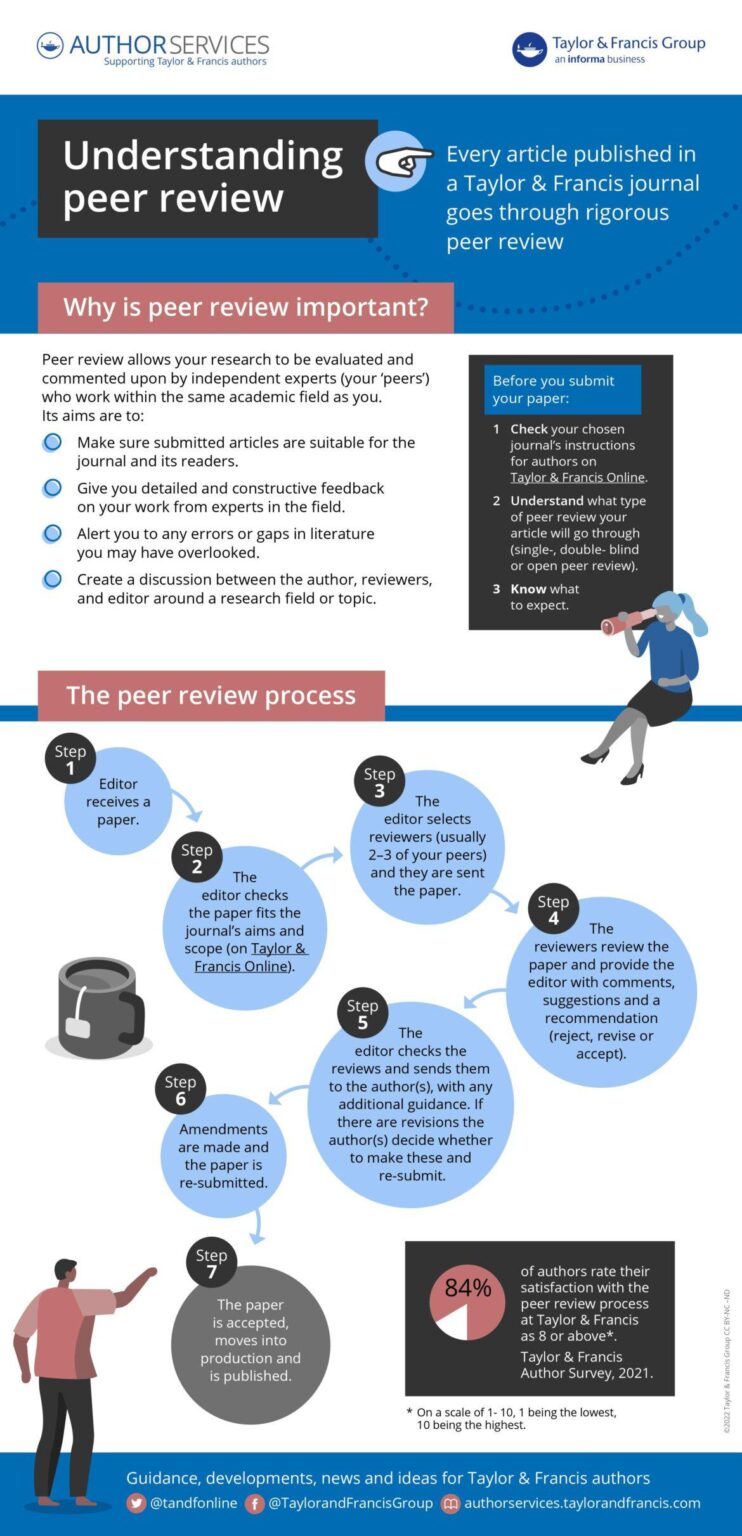Blue Horizons: Integrating Blue Economy Trade with Development Strategies for African Coastal Nations and small Island Developing States
In an era where sustainable development and climate resilience are paramount, the United Nations Development Program (UNDP) is launching a transformative initiative targeting African Small island Developing States (SIDS) and coastal nations. Named “Blue Horizons,” this program underscores the immense yet often overlooked potential of the blue economy—a framework that advocates for the responsible use of ocean resources to stimulate economic growth while protecting marine ecosystems. This innovative strategy aims to enhance trade in sectors such as fisheries, maritime transport, and eco-tourism, providing these vulnerable nations with a distinctive opportunity to bolster their economies while honoring their rich coastal environments. As climate change increasingly jeopardizes livelihoods and biodiversity, the Blue Horizons initiative highlights the crucial connection between environmental sustainability and economic progress—offering a roadmap for countries grappling with both growth imperatives and conservation challenges. This article delves into strategies, implications, and potential outcomes of integrating blue economy trade into development agendas for African SIDS and coastal nations—an essential step toward resilient futures amid climate crises.
Utilizing Marine Resources for Sustainable Development in Africa’s Coastal Regions
Coastal nations face urgent challenges related to environmental degradation alongside economic expansion; thus harnessing marine resources’ vast potential is becoming increasingly vital. The blue economy offers a pathway for sustainable development by promoting responsible ocean resource utilization that fosters prosperity while preserving ecological integrity. Investments in sustainable fishing practices, eco-tourism ventures, and marine biotechnology are essential for enhancing local livelihoods, creating job opportunities, and encouraging economic diversification. Communities along coastlines stand to benefit substantially from initiatives prioritizing sustainability—ensuring that their invaluable marine ecosystems remain intact for future generations.
the transformative effects of incorporating marine resources into national development strategies can be profound. In numerous African SIDS as well as coastal areas, collaborative efforts can lead to innovative resource management practices bolstered by technological advancements and knowledge sharing. Emphasizing key initiatives such as:
- Renewable energy projects utilizing ocean power
- Aquaculture innovations fostering sustainability
- Sustainable marine spatial planning approaches
- Policy frameworks aimed at conserving marine biodiversity
By integrating these opportunities with sustainable methodologies,Africa’s coastal regions can unlock a blue economy that not only champions environmental stewardship but also empowers local communities while promoting inclusive economic advancement.
Promoting Inclusive Trade Practices to Strengthen resilience in Small Island Developing States
the implementation of inclusive trade practices is vital in enhancing resilience among Small Island Developing States (SIDS). By empowering local communities through equitable economic opportunities,these nations can fully tap into their potential within the blue economy.Sustainable fisheries management,mari-time tourism,and aquaculture are poised to flourish under inclusive trade policies ensuring all stakeholders—including marginalized groups—are involved in decision-making processes.The following strategies are critical:
- Capacity-building programs:Aimed at improving skills related to sustainable practices.
- Cohesive business models:Pursuing cooperative structures enabling collective bargaining power among local producers.
- Easier access to financing: strong >supporting small-scale enterprises focused on promoting responsible tourism or fishery methods. li >
Additionally,strong partnerships between local governments,the private sector,and international organizations are crucial for creating an habitat conducive to sustainable trading activities.By pooling resources,data,and technology,SIDS can collaboratively address challenges like climate change overfishing,and habitat loss—all while celebrating their unique cultural heritage.A concerted focus onpolicy reforms strong >that align trading activities with sustainability objectives will further enhance resilience.The table below outlines key advantages associated with inclusive trade practices within the context of a thriving blue economy:
<
| Advantage
< | Description | ||
|---|---|---|---|
| Economic Diversification | Expanded prospects allowing small businesses across diverse sectors | ||
| Cultural Preservation | >Support mechanisms sustaining traditional customs alongside community heritage< | ||
| Environmental Sustainability | >Encouragement towards actions protecting fragile aquatic ecosystems< | ||
| Policy Area | Examples Regional Initiatives | ||
|---|---|---|---|
| fisheries Management<td Regional Fisheries Management organizations(RFMOs) | |||
Conclusion: A New Era For Trade And Sustainability In The Blue Economy
The UNDP’s “Blue Horizons” initiative represents an significant milestone towards reshaping trading norms within African SIDs & Coastal Nations .By nurturing an environmentally conscious approach integrated seamlessly into broader developmental goals ,these countries have much too gain from leveraging abundant maritime assets without jeopardizing delicate ecological systems supporting them.As global perspectives shift towards recognizing importance surrounding sustained progress ,this strategic methodology provides blueprint unlocking oceans’ capabilities responsibly benefiting future generations.For both Africans SID’s & ; Coastal Countries alike ,pathway outlined through “blue Horizon” not only promises revitalization economically but positions them leaders globally advocating balance between commerce & ecology amidst interconnected landscape .With international support rallying behind vision presented here ,there exists hope these regions inspire larger movements championing accountable governance concerning our oceans worldwide.

